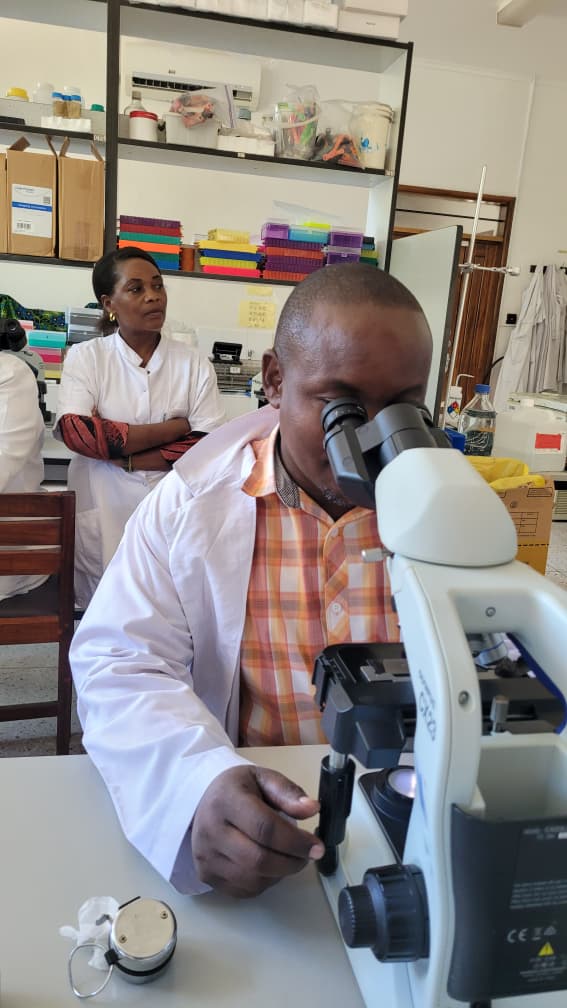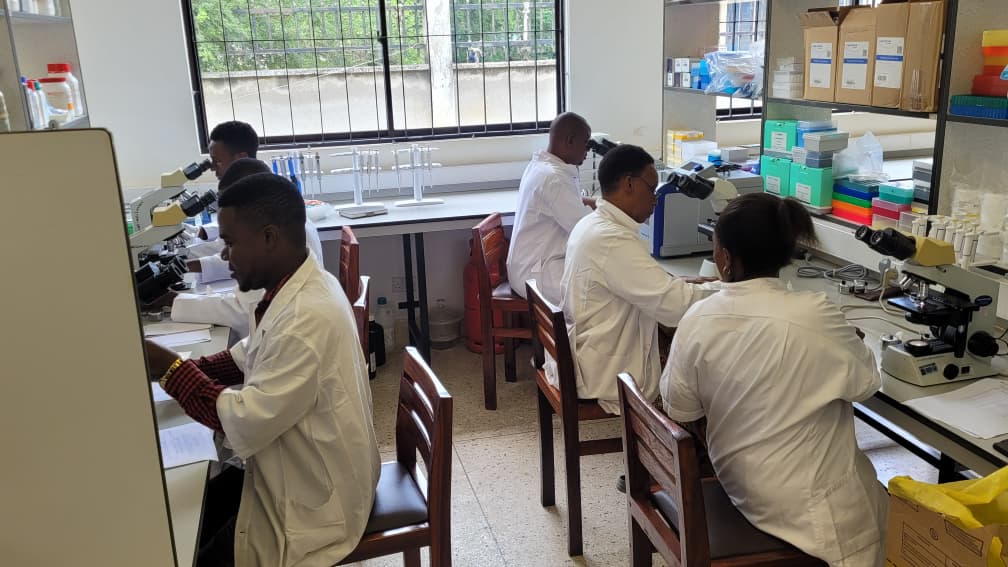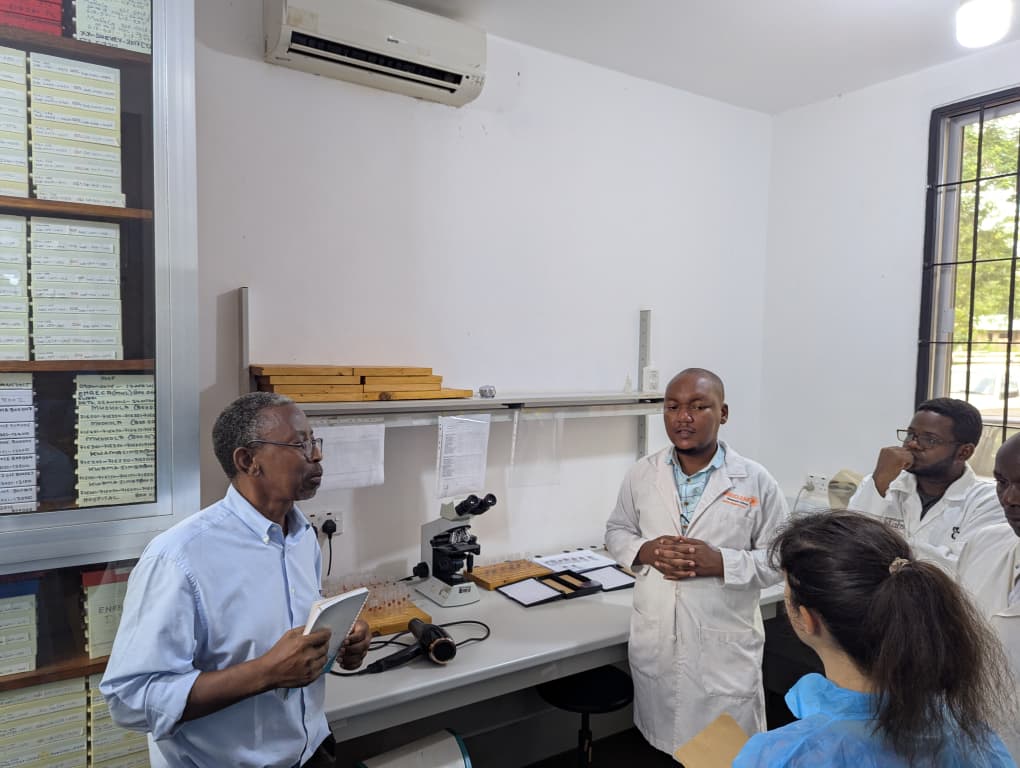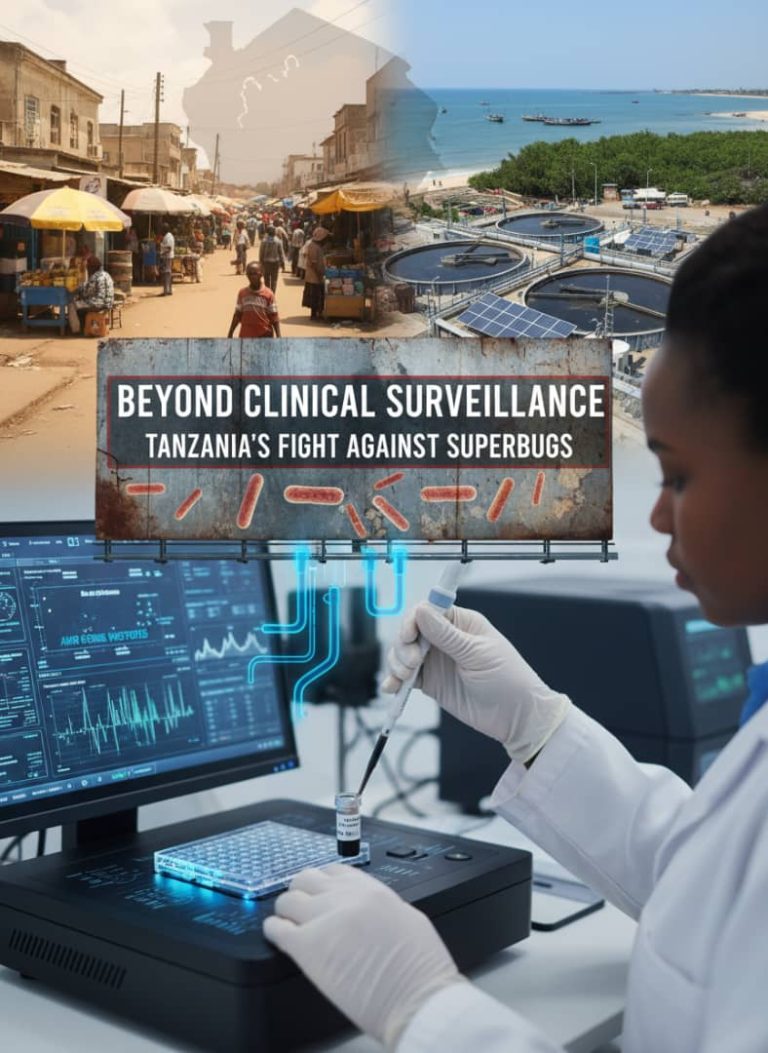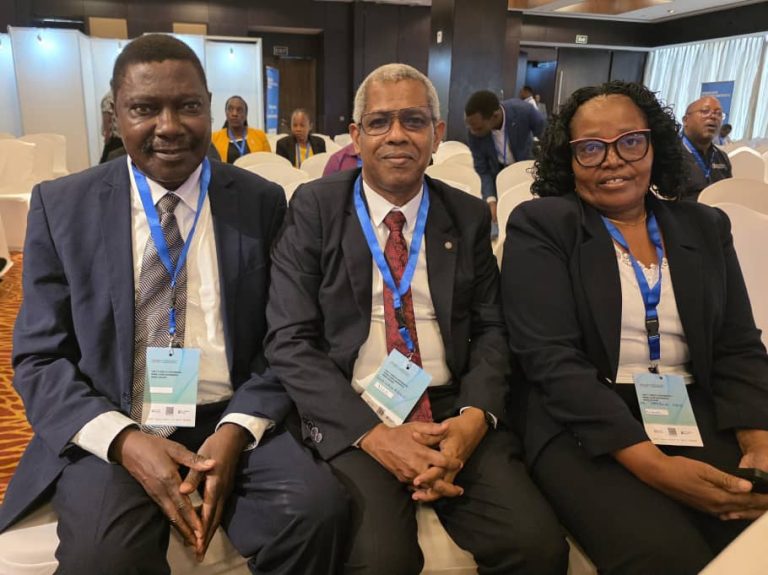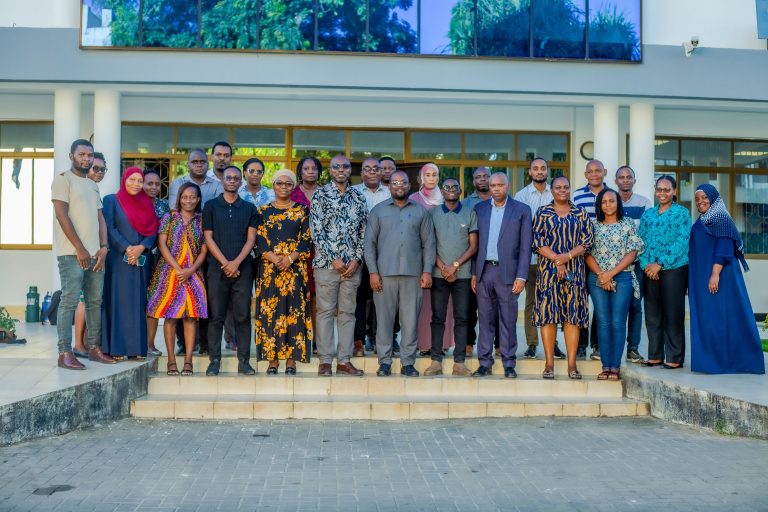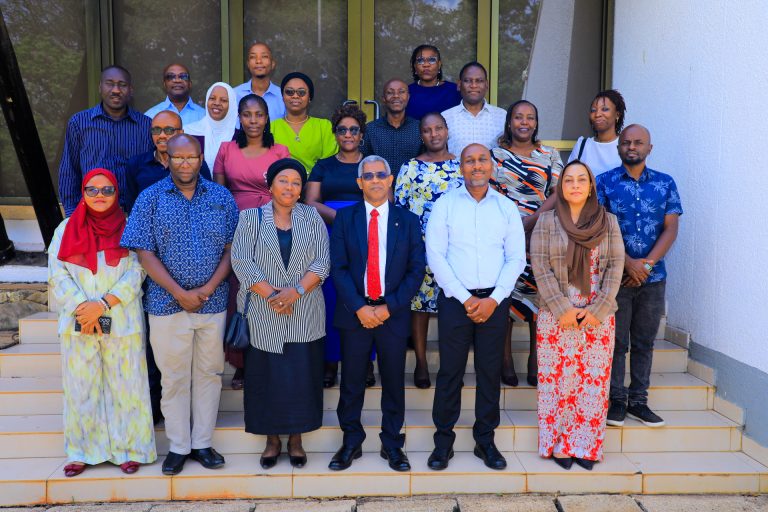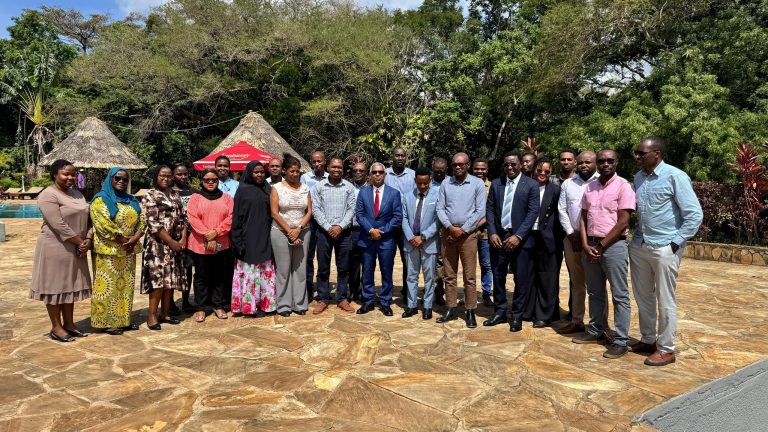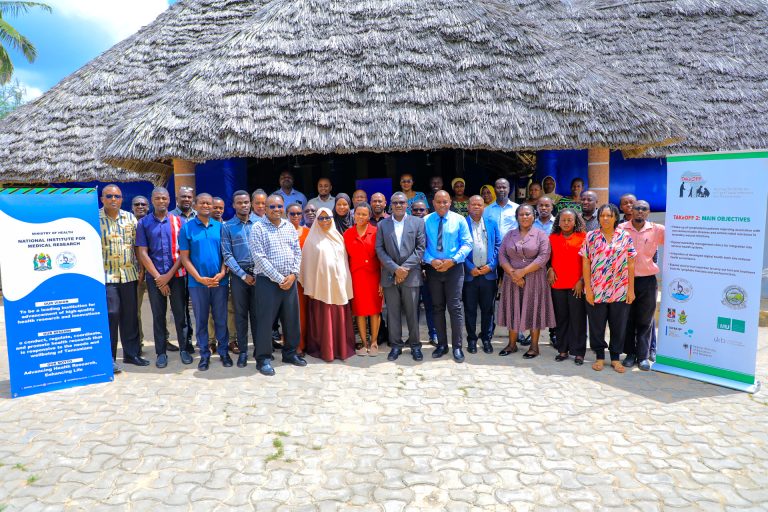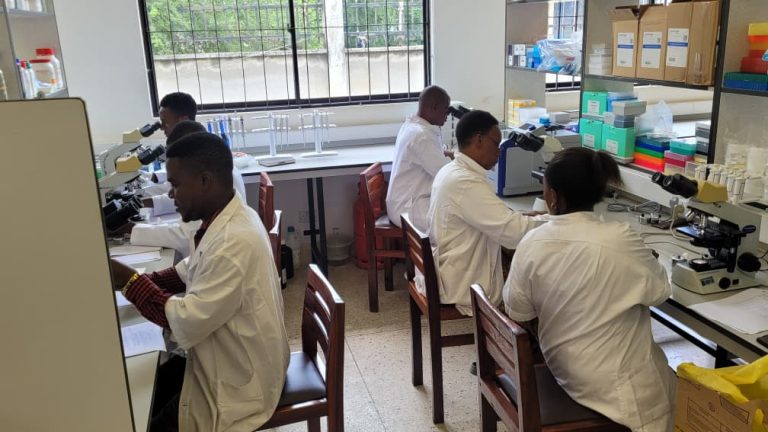The National Institute for Medical Research (NIMR) Tanga Medical Research Centre, led by Principal Investigator Dr. Samwel Gesase as the country Coordinator, has been instrumental in the multi-country, multisite Phase III KALUMA trial of the novel malaria treatment KLU156 (GanLum) sponsored by Novartis. Conducted at sites including Muheza and Korogwe in Tanzania, this landmark trial enrolled 1,688 patients across 34 sites in 12 African countries.
This important trial showed that GanLum works well or better than the current standard malaria treatment for uncomplicated malaria, Artemether-Lumefantrine (Coartem®). GanLum achieved a cure rate of 97.4%, making it a potential game changer for malaria treatment in endemic settings, especially against malaria parasites that are resistant to artemisinin-based treatments (ACT).
Malaria resistance, especially partial resistance to artemisinin-based drugs, has become a growing threat across Africa, and evidence suggests regional spread, including Western Tanzania, Kagera region, reducing the effectiveness of current ACT therapies. The KALUMA trial directly tackled this emerging threat. The new drug, GanLum, contains a novel ingredient, ganaplacide, which works in a new way to fast kill parasites and have including those resistant to artemisinin also demonstrated transmission blocking potential. This innovation offers renewed hope for malaria control and elimination efforts in regions where partial artemisinin resistance is emerging and threatens malaria control success. The treatment also acts quickly against the parasite stages responsible for transmission, helping to reduce the spread of malaria in communities. If approved, GanLum would be the first major new non-artemisinin-based malaria treatment in over 25 years, offering a novel and efficacious tool to save lives and protect Tanzanian families from malaria cases and beyond. The trial was also implemented in other sites including Bagamoyo in collaboration with (IHI).
NIMR is Tanzania’s leading health research institute under the Ministry of Health. With advanced laboratories and expert teams, NIMR drives biomedical research and clinical trials to improve malaria control and other health priorities. Working closely with the National Malaria Control Program (NMCP), local government, and health teams, NIMR translates research into public health action. NIMR has played a pivotal role in malaria control including landmark studies like the Aquamat trial, which informed WHO’s shift from Quinine to injectable artesunate for severe malaria treatment. It provided critical evidence for transitioning from Chloroquine to Sulfadoxine-Pyrimethamine and the adoption of Artemisinin-based Combination Therapies (ACTs) in 2006-2007. The institute has also led impactful studies on malaria chemoprevention in pregnancy and school aged children (IPTp and IPTsc), as well as vaccine trials including the RTS,S malaria vaccine recommended by WHO. NIMR has extensive collaboration and partnerships with local, international institutions, and sponsors, ensure Tanzania benefits from the latest global advances, enhance health resilience through cutting edge research and policy impact.
For further details in reference:
Press release #Novartis Phase III trial for next-generation malaria treatment KLU156 (GanLum) meets primary endpoint, with potential to combat antimalarial resistance~Novartis
Section Title
NIMR Disseminates Impactful Research Findings at the 7th Africa Continental World AMR Awareness Week
Lorem ipsum dolor sit amet, consectetur adipiscing elit. Ut elit tellus, luctus nec ullamcorper mattis, pulvinar dapibus leo.

